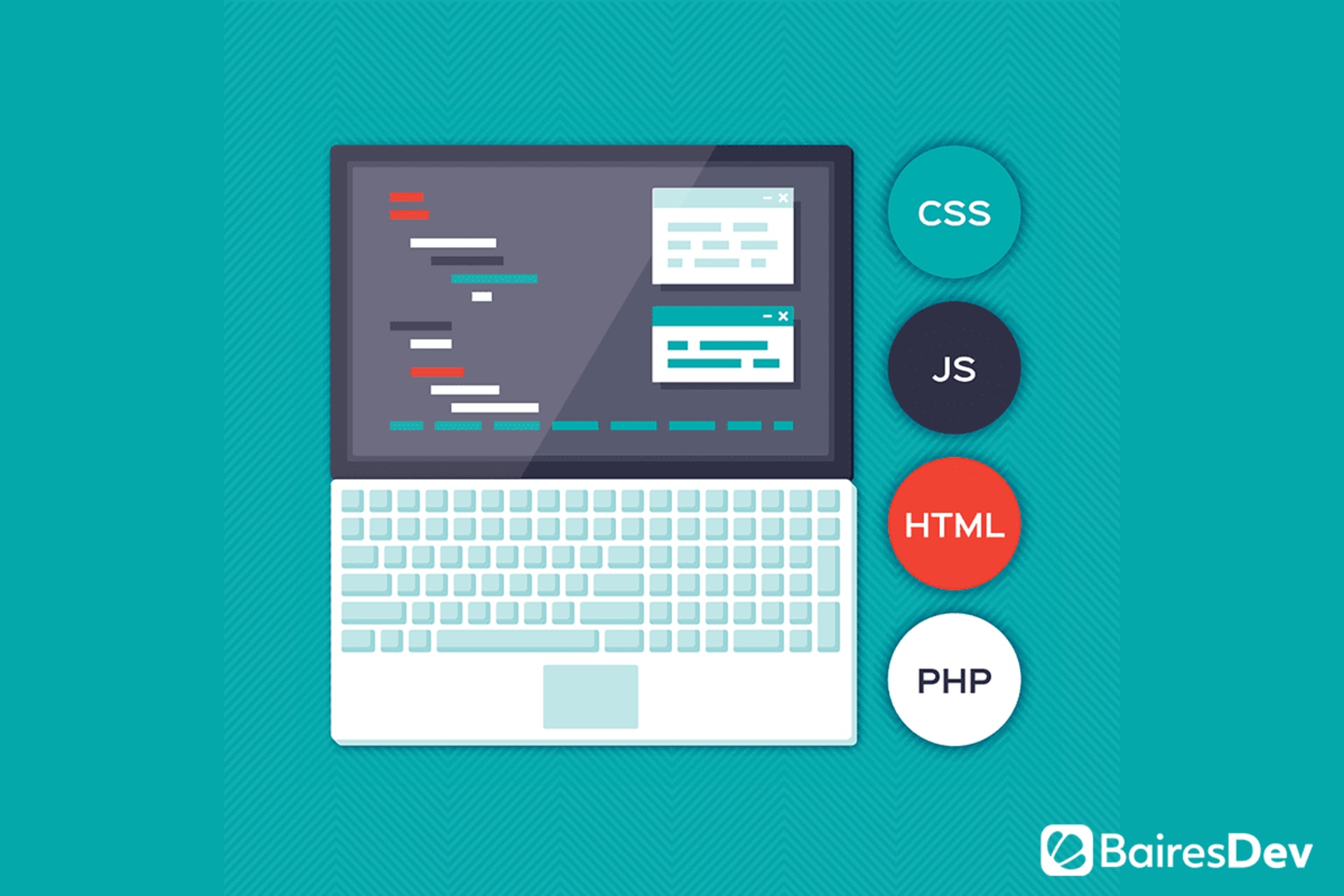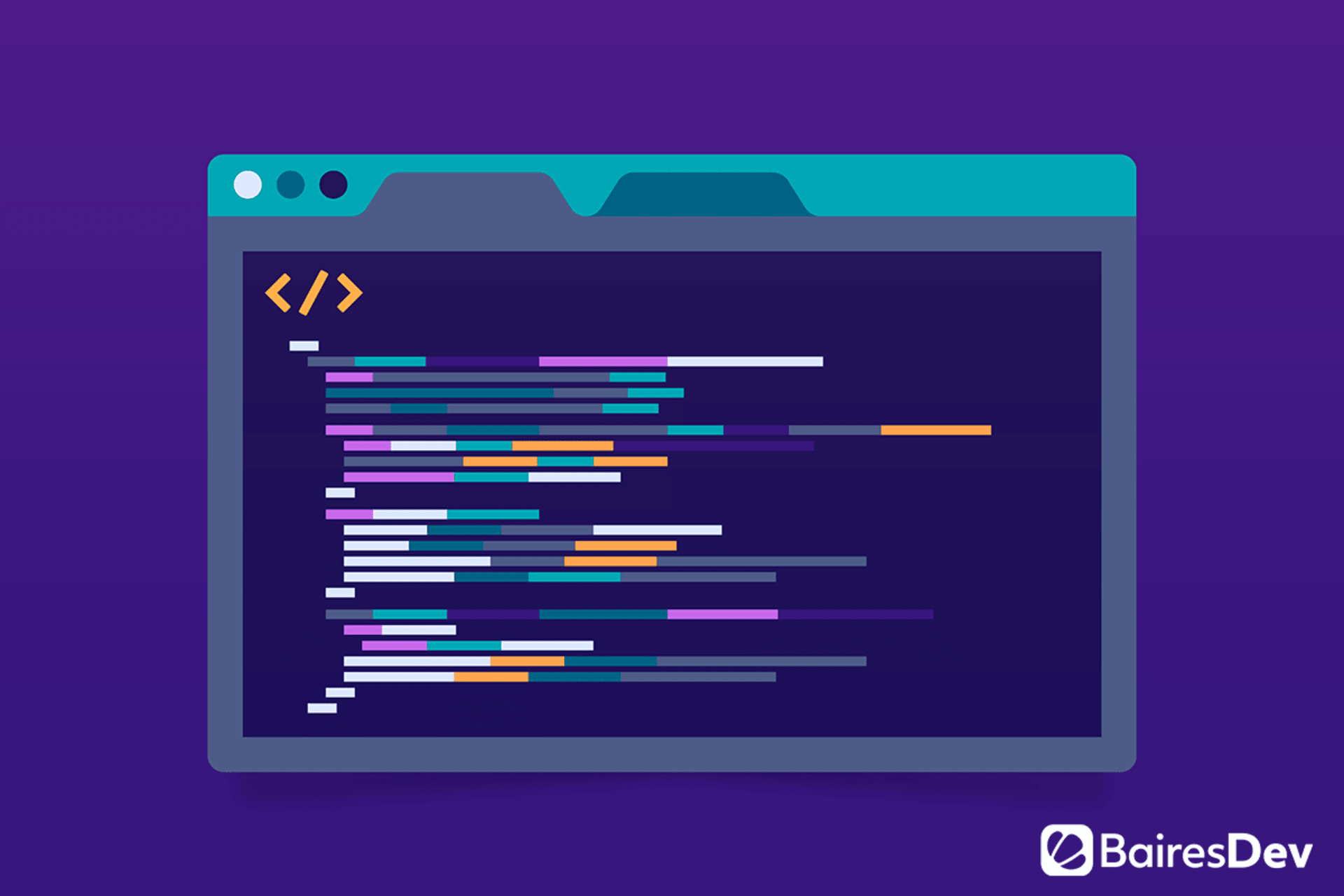- Home
- Technologies
- Symfony
- Hire Symfony Developers
Hire Symfony Developers
Hire vetted Symfony talent.
Our top 1% of tech talent has already undergone a rigorous vetting process. Get bilingual, nearshore Symfony developers on your team within 2 weeks.
500+ companies rely on our top 1% tech talent.
No time to find the top talent yourself? Skip the hassle of recruitment.




The Ultimate Guide for Hiring Symfony Developers
The demand for Symfony development services is on the rise. That's because businesses need highly functional and scalable web applications now more than ever in today’s digital age. However, finding the right developer for your Symfony projects can be daunting.
What sets apart the good developers from the great ones? We know because we've hired thousands of them. In fact, we’ve hired the top 1% of tech talent in LATAM from 2.2 million applicants each year.
Hiring the right Symfony developer takes time. It’s a meticulous process that involves conducting comprehensive interviews and gathering feedback from referrals to determine hard and soft skills and cultural fit.
Of course, it’s important to look for candidates with strong coding skills. But it’s just as important to find developers who have hands-on experience in your industry and can work well within your team dynamics. That’s why we’re here to help you find the right Symfony developer for your project. This guide offers insights into how to identify the best match with key factors and example questions and answers to consider.
Before You Start Hiring
Project or Team Requirements
First, know what you need. What hard skills does the project require? What soft skills could your team benefit from? Understanding your project’s specific needs and team requirements can help you narrow down your search. Include those hard and soft skills in your job description so developers know what you’re looking for right off the bat. For example, proficiency in Symfony components, experience with PHP, and familiarity with databases like MySQL or PostgreSQL might be necessary. If so, clarify that from the start to target the right candidates.
Timeline and Budget
Next, consider your timeline and budget. These will come with constraints that are key for your project’s success. Setting clear expectations from the get-go about your project deadlines and fees can help filter out candidates who don’t have the time or who are out of your budget. This way, you can focus only on the developers who have the potential to promise high-quality results within your timeframe and financial parameters.
Niche Experience in Symfony
In a sea full of talented developers, look for those who have niche experience—specifically in using the Symfony framework for projects in your industry. Developers with these specializations are more likely to be adept at using the framework’s unique features and best practices. This can also lead to more efficient problem-solving and higher-quality code. Pay particular attention to those who have proven track records of working extensively with Symfony on similar projects.
Portfolio and References
Evaluate each candidate's portfolio and seek references or testimonials to gauge their expertise in Symfony development. A strong portfolio should showcase various projects that have been built with Symfony. This demonstrates the developer's ability to handle different challenges and requirements. References and testimonials from previous employers or clients can help shed light on their technical skills, work ethic, and reliability. This background information will be key in helping you make an informed hiring decision.
Experience in Your Preferred Methodology
Ensure that the developer is experienced in your preferred project management methodologies. For example, if you prefer an Agile or Scrum method, make sure that they’re familiar with it. Comfort with relevant tools and processes will streamline workflows and can enhance team coordination. A developer who has worked within your preferred methodology will be better equipped to more smoothly integrate into your team and overall project management structure.
15 Skills Every Symfony Developer Should Have
Symfony is a powerful PHP framework. It enables developers to create scalable and high-performance web applications thanks to a robust set of tools and features. These tools and features streamline the development process so organizations can build secure, maintainable, and flexible applications. As the demand for sophisticated web applications grows, expertise in Symfony development has become increasingly valuable. That’s why so many developers are honing their Symfony skills to remain competitive.
A Symfony developer needs more than just technical knowledge, however. The best candidates will also demonstrate key soft skills. They should align with your company culture and fit well into your team dynamics. Here are some of the most essential hard and soft skills to look for in a Symfony developer.
Technical Skills to Look for in Your Ideal Symfony Developer
1- PHP
Symfony is a PHP framework, which makes knowledge of the language essential. Symfony developers should have experience with PHP to utilize, extend, and customize the framework to meet project objectives.
2- Object-Oriented Programming (OOP)
Symfony is built on OOP principles. Understanding OOP and design patterns used in Symfony allows developers to create reusable and maintainable code.
3- Doctrine ORM
Doctrine is important for database management and manipulation. Using it, Symfony developers can simplify database interactions, streamline complex operations, and improve code maintainability and readability.
4- Twig Templating Engine
Candidates use Twig for rendering views. The engine provides a clean syntax for templates, built-in security features, and easy integration with Symfony. This helps streamline the web development process.
5- RESTful API Development
RESTful API development is a critical skill for Symfony developers. It facilitates communication between systems, supports scalability, and enables integration with frontend frameworks and third-party services, extending the functionality of your application.
6- Security Best Practices
Ensuring security is paramount to the development process. Candidates must understand Symfony security features, including authentication, authorization, and data validation.
7- Unit and Functional Testing
Unit and functional testing is critical for ensuring code quality, confirming reliability, and enabling safe code refactoring. Candidates should be familiar with PHPUnit or other frameworks for writing and running tests.
8- Command Line Interface (CLI)
CLI tools support development and maintenance. Symfony developers use these tools to improve efficiency, automation, debugging, and more.
9- Debugging and Profiling
Debugging and profiling skills enable developers to optimize the performance of applications. This is essential for delivering high-quality apps.
10- Continuous Integration/Continuous Deployment (CI/CD)
CI/CD tools and practices automate the deployment process. Experienced Symfony developers should be able to use these tools to streamline development and deployment and improve efficiency.
11- Cloud Services
Experience with cloud services like AWS, Azure, and Google Cloud facilitates scalability, resource management, reliability, and seamless deployment in cloud environments.
Soft Skills to Look for in Your Ideal Symfony Developer
12- Communication Skills
Effective communication is key for Symfony developers. A Symfony developer must be able to clearly and concisely express their ideas, actively listen to others, and clarify information to non-technical stakeholders. They should help ensure that everyone on the team is on the same page. These skills facilitate better collaboration and smoother project execution.
13- Teamwork
Teamwork is important for Symfony developers. They generally work in collaborative environments with other types of developers, designers, engineers, and creative professionals. Symfony developers need to be able to work effectively within group settings, contributing their expertise while also valuing the input of others. However, they should also be able to work asynchronously. A good team player fosters a positive work environment, promotes knowledge sharing, and contributes to collective project goals.
14- Problem-Solving
Problem-solving skills are vital for Symfony developers. They must be adept at finding solutions to complex issues that inevitably come up during the development lifecycle. Problem-solving involves thinking critically, analyzing problems from multiple angles, and coming up with effective and efficient solutions. Developers often need to get creative to enhance the functionality and performance of the web applications that they’re building.
15- Adaptability
Given the ever-evolving nature of technology and changing regulations surrounding web applications, Symfony developers need to be quick on their feet. They must be flexible in adjusting to new challenges, learning new tools and methodologies, and responding to changing project requirements. An adaptable developer thrives in dynamic environments.
6 Questions to Identify Top Symfony Developers
When interviewing Symfony developers, it's important to ask questions that first assess the candidates' technical skills and knowledge. Employers will also usually conduct a coding test to further assess specific on-the-job knowledge.
The following set of questions aims to uncover not only the developer's technical knowledge but also their problem-solving abilities, teamwork, communication skills, and adaptability—all crucial traits for success in a collaborative environment.
Here are a few examples of technical interview questions:
1. What strategies do you use to ensure your Symfony applications are secure?
I begin by following Symfony’s best practices for security, such as using its built-in security features like the Security component for authentication and authorization. I also employ techniques like input validation and output encoding, as well as conduct regular security audits to identify and fix vulnerabilities. I use tools like OWASP ZAP and Symfony’s built-in profiler to continuously monitor and test the application for security issues, too.
2. Can you describe your approach to optimizing the performance of Symfony applications?
I start by profiling the application using tools like Blackfire.io and Symfony’s built-in profiler to identify bottlenecks. From there, I optimize database queries with Doctrine ORM, implement caching strategies with Symfony’s Cache component and enable HTTP caching with Varnish. I also use asynchronous processing for long-running tasks and ensure that the code follows best practices for both efficiency and scalability.
3. How do you manage dependencies and ensure compatibility in Symfony projects?
I use Composer to handle dependencies, ensuring all packages are up-to-date and compatible with the project’s Symfony version. I also regularly check for deprecations and follow Symfony’s upgrade guides when migrating to newer versions. I use tools like Symfony Flex to manage bundles and recipes, ensuring a streamlined and maintainable dependency management process.
4. What is your approach to debugging and troubleshooting in Symfony development?
Debugging and troubleshooting are integral parts of Symfony development. I utilize Symfony’s built-in debug toolbar and profiler to identify and diagnose potential issues throughout the development lifecycle. I leverage tools like Xdebug to help with step-by-step debugging. This allows me to inspect variables and follow the code execution flow. I also write unit tests using PHPUnit and functional tests with Behat to catch issues early on. This helps ensure that the application flows as expected without any major surprises down the line.
5. Can you describe a recent Symfony project you worked on? What was your role, and what challenges did you face?
This question gives you insight into the developer's hands-on experience with Symfony and their ability to work in a collaborative environment.
6. How do you prioritize tasks and manage deadlines in a fast-paced development environment?
Learn about the candidate's time management and problem-solving skills.
FAQ
What qualifications should I look for in an experienced web developer specializing in Symfony?
When you're hiring a web developer with Symfony expertise, look for proficiency in PHP and a strong background in web development. The developer should have a portfolio that showcases web projects with Symfony and references or testimonials that demonstrate both technical and soft skills.
What are the benefits of using Symfony for web development?
Symfony is a flexible, maintainable, and scalable web development framework. It offers several helpful features, including reusable components, a robust toolkit, and strong community support. Using the framework, developers can build secure and high-quality web apps.
How can I assess the skills of a Symfony developer during the interview process?
To assess the skills of a Symfony developer during an interview, ask technical questions about their background in Symfony, PHP, and development. Consider administering practical tests and coding challenges to asses their hands-on experience, too.
Is Symfony used for frontend development?
No, Symfony is primarily used for backend development. However, the framework can be integrated with frontend technologies to create full-stack applications.
Is Symfony a mobile backend technology?
Yes, Symfony can be used as a backend technology to build mobile apps. The framework offers a robust set of tools for creating APIs, managing databases, and handling business logic. This makes it a good choice for mobile backend development.
What should I look for when I hire a Symfony developer?
When you're hiring a dedicated Symfony developer, look for skills such as:
- PHP proficiency
- Symfony API development
- Testing skills
- Database management
- Security knowledge and best practices
A Symfony developer should also have soft skills like problem-solving, collaboration, and critical thinking.

- Hire Symfony Developers
How Businesses Can Overcome the Software Development Shortage
BairesDev Ranked as one of the Fastest-Growing Companies in the US by Inc. 5000










